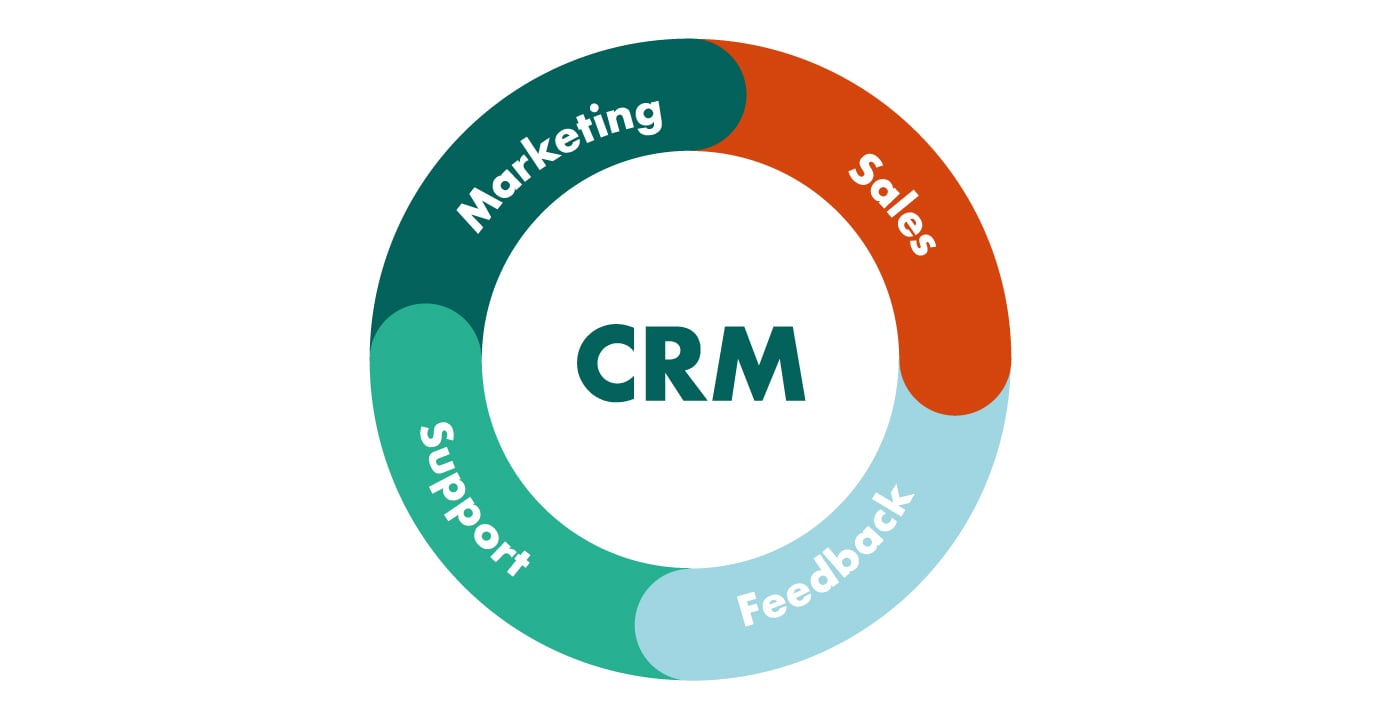Customer Relationship Management, or CRM, is a tool. It helps you manage your customers. In simple words, CRM is a system. It keeps all customer information in one place. This system helps you understand your customers better.

Credit: www.superoffice.com
What is CRM?
CRM stands for Customer Relationship Management. It is software. This software helps you track all interactions with your customers. From the first contact to the last sale, CRM keeps all records. It is like a diary for your business. But it is more organized and detailed. CRM helps you see what your customers need.
Benefits of Using CRM
There are many benefits to using CRM in your business. Here are some key benefits:
- Better Customer Service: CRM helps you keep all customer information in one place. You can see their past purchases, preferences, and issues. This information helps you serve them better.
- Increased Sales: CRM helps you track your leads. You can follow up with potential customers. This increases your chances of making a sale.
- Improved Customer Retention: CRM helps you understand your customers. You can see what they like and dislike. This helps you keep your customers happy.
- Better Communication: CRM keeps all communication in one place. You can see all emails, calls, and meetings with your customers. This helps you stay on top of your relationships.
- Streamlined Processes: CRM helps automate many tasks. You can set reminders for follow-ups. You can also automate emails. This saves you time and effort.

Credit: www.instagram.com
How CRM Works
CRM works by collecting and storing customer information. It tracks all interactions with your customers. This includes emails, calls, and meetings. CRM also helps you track sales and follow-ups. Here is how CRM works:
| Step | Description |
|---|---|
| Data Collection | CRM collects customer data from various sources. This includes emails, calls, and social media. |
| Data Storage | CRM stores all customer data in one place. This makes it easy to access and use. |
| Data Analysis | CRM analyzes customer data. It helps you understand your customers better. |
| Automation | CRM automates many tasks. This includes sending emails and setting reminders. |
| Reporting | CRM generates reports. These reports help you see how your business is doing. |
Examples of CRM
There are many CRM systems available. Some are simple, and some are very advanced. Here are a few examples of popular CRM systems:
- Salesforce: This is a very popular CRM. It is used by many large businesses.
- HubSpot: This CRM is good for small businesses. It is easy to use and has many features.
- Zoho CRM: This is another good option for small businesses. It is affordable and has many features.
- Microsoft Dynamics: This CRM is used by many large businesses. It is very powerful and has many features.
- Pipedrive: This CRM is good for sales teams. It helps you track leads and follow-ups.
Choosing the Right CRM for Your Business
Choosing the right CRM for your business is important. Here are some tips to help you choose the right CRM:
- Understand Your Needs: Think about what you need from a CRM. Do you need help with sales, customer service, or both?
- Consider Your Budget: CRM systems can be expensive. Make sure you choose a CRM that fits your budget.
- Look for Ease of Use: Choose a CRM that is easy to use. This will save you time and effort.
- Check for Integration: Make sure the CRM integrates with your other tools. This will help you streamline your processes.
- Read Reviews: Read reviews from other users. This will help you understand the pros and cons of different CRMs.
Implementing CRM in Your Business
Once you have chosen a CRM, the next step is to implement it. Here are some tips to help you implement CRM in your business:
- Train Your Team: Make sure your team knows how to use the CRM. Provide training and support.
- Start Small: Start with a small group of users. This will help you see how the CRM works in your business.
- Set Goals: Set clear goals for using the CRM. This will help you measure success.
- Monitor Progress: Keep track of how the CRM is being used. Make adjustments as needed.
- Get Feedback: Ask your team for feedback. This will help you improve the CRM implementation.
Frequently Asked Questions
What Is Crm In Customer Management?
CRM stands for Customer Relationship Management. It helps businesses manage customer data and interactions.
Why Is Crm Important For My Business?
CRM improves customer service, streamlines processes, and increases profitability by managing customer relationships more effectively.
How Does Crm Improve Customer Service?
CRM stores customer information. It helps employees provide personalized and efficient service, improving customer satisfaction.
Can Crm Help In Sales Management?
Yes, CRM tracks sales activities, manages leads, and forecasts sales, helping sales teams work more efficiently.
Conclusion
CRM is a valuable tool for managing your customers. It helps you understand your customers better. It also helps you provide better service. CRM can increase sales and improve customer retention. By choosing the right CRM and implementing it correctly, you can see many benefits for your business.
Remember, CRM is not just a tool. It is a way to understand and serve your customers better. Start using CRM today and see the difference it can make in your business.
